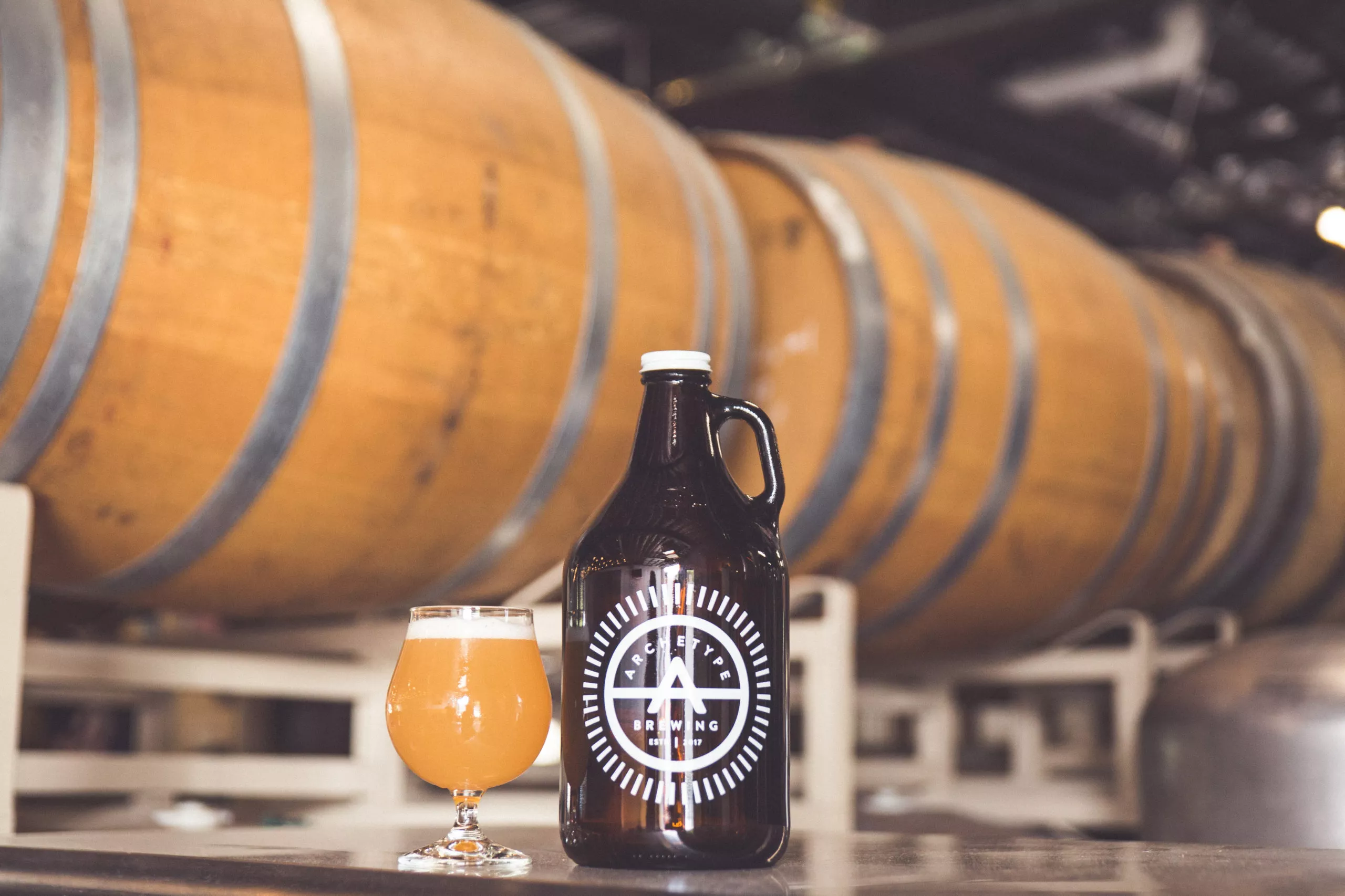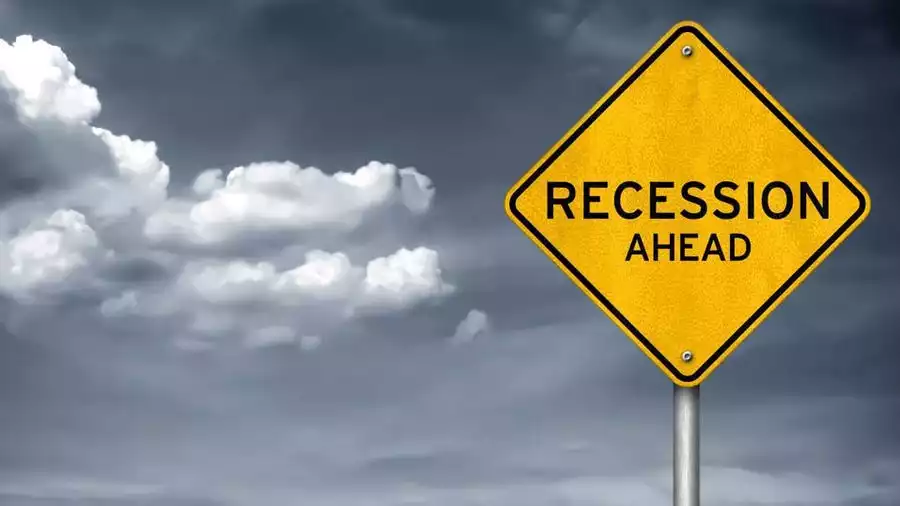Federal, state, and local tax credits and incentives are offered to businesses to encourage economic development and continued growth within the industry. However, many businesses are not aware of the available credits and incentives. Craft breweries, cideries, wineries, and distilleries are no exception.
Navigating the tax code and the vast array of available credits and incentives can be a daunting task. Without proper conversations and direction from a proactive tax advisor, it’s easy to overlook some of the most valuable tax credits and incentives.
Below, our team has identified a few of the most frequently overlooked tax savings opportunities for craft businesses and outlined the information that you need to know in order to take advantage of them.
Table of contents
FICA Tip Credit
The FICA tip credit is a credit against federal taxes, including Social Security and Medicare.
Craft breweries, cideries, wineries, and distilleries that have employees who receive tips may be eligible for this credit regarding the part of the taxes paid on employee tips.
This tax credit only applies to tips in excess of the applicable minimum wage rate, as tips used to raise the employee’s wage to minimum wage are considered to be satisfying the minimum wage requirements.
Fuel Tax Credit
The federal government imposes a tax on all fuel purchases. However, not all fuel purchased is used for taxable uses, such as being consumed on roads or highways. Many owners of craft businesses purchase fuel to operate machinery and equipment in an off-highway manner, which may qualify them for the fuel tax credit.
For the propane credit, a business owner must first register as an alternative fuel user before the credit can be claimed. For fuel, the credit can be claimed without any additional registration.
State Sales Tax Exemptions
Many states offer an exemption for materials used, stored, or consumed in the production process for craft alcohol beverages.
In addition, certain states allow an exemption or reduced rates for machinery and equipment purchases that are used in the production process for product sold in retail, as well as repair and labor charges for exempt industrial machinery and equipment.
For a craft business to take advantage of these opportunities, an exemption certification must be provided to the vendor in almost all states. However, other states require the tax be paid at the time of purchase and a refund claim be filed. Refunds can be claimed for up to three years prior.
Utility Exemption
Some states allow manufacturers, including craft producers, to buy input items (costs associated with the manufacturing process like raw materials and the cost of utilities generated) exempt from sales tax, which includes utilities that are directly related to manufacturing.
Independent engineers or other certified professionals are typically authorized by local utility companies to do studies in which they power on all items in a manufacturing building and turn off the manufacturing or nonmanufacturing portion to determine the split of energy usage. Typically, these services can be provided by a local utility department.
Then, that information is used to determine the utility cost as taxable and nontaxable portions. Refunds are for three years prior, plus ongoing savings.
Other Ways to Save
We’ve only included a sample of the many ways that craft alcohol businesses can save on taxes. There are many other tax savings opportunities that may be available to craft breweries, cideries, wineries, and distilleries, including:
Correcting Missed Opportunities
If you’ve identified credits that may apply to you that you haven’t been taking advantage of, you may still be able to amend your returns from the past.
Craft businesses that have not previously applied the above-mentioned tax credits and incentives to their businesses can amend returns that are still considered to be open under the statute of limitations (typically three years) in order to maximize any missed opportunities.
Moving Forward to Maximize Tax Credits & Incentives
Every craft business is unique, and each has different needs. The best way to effectively position your business with the benefits of available tax credits and incentives is to partner with a tax advisor who understands your industry and tax laws.




